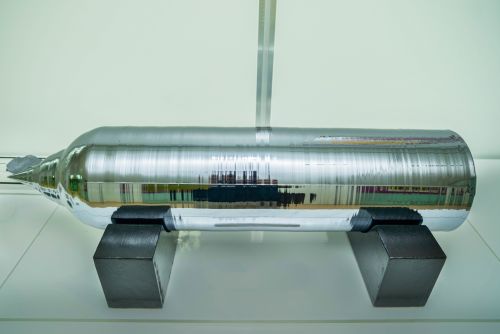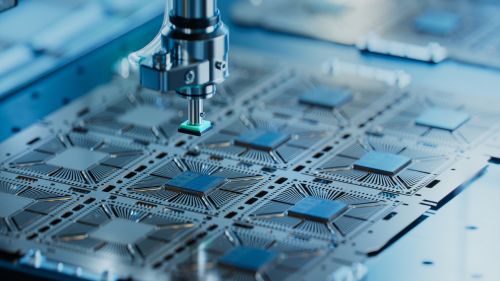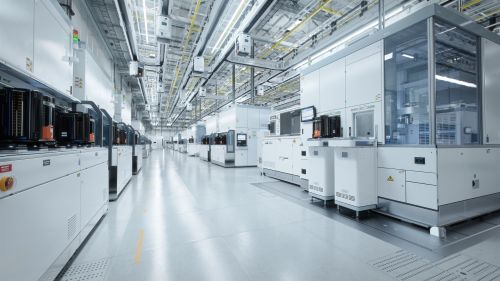
Semiconductor manufacturing process: Wafer fabrication
The semiconductor industry is on a path to reach $1 trillion in value within the next decade. But, manufacturers need to solve for complex challenges to meet increasing demand without sacrificing security or quality.
Smart manufacturing technology can optimize efficient use of resources to help wafer fabrication facilities increase production capacity to meet rising demand. Unlocking trapped production data for trending and analysis can help fabs plan more efficiently. Implementing flexible automation technologies can help you monitor equipment in real time to reduce unplanned downtime.
![]()
Benefits of smart manufacturing
Improve production yield
Real-time monitoring of essential machinery increases precision & control of batch production processes.
Improve product quality
Continuous monitoring of machine health during doping, thin film deposition, & dry etching ensures optimal product quality.
Increase machine availability
Condition-based monitoring provides early detection and warnings of minor issues before they escalate into catastrophic failures.
Increased production data
Aiming to help employees meet these demands, automation solutions are a significant way to gain efficiency during the manufacturing process without sacrificing product quality. This allows you to:
- Implement root cause analysis
- Identify equipment trends
- Build predictive maintenance models
- Plan maintenance & labor demands
With reliable monitoring solutions and alerting systems based on predictive analytics, you can better optimize internal resources, increase production yield, and gain a holistic insight into manufacturing trends using your production data on-premise.
![]()
![]()
Increase efficiency
Labor shortages amid rising global demand are putting increased pressure on fabs to meet chip demand. More funding is available as investments increase to build new or expand production facilities in the US. But, the industry needs to find solutions for the known labor and supply chain challenges, in order to scale production. Increased access to on-prem machine data collection provides real-time insight into critical processes. It provides:
- Real time alerts with edge solutions
- Data logging
- Secure data flow to E3 for trending & analysis on-site
These benefits of increased access to machine data alert you to what information is necessary and helps to filter out noise. This helps you identify areas of production that you can optimize, in order to increase yield.
Wafer process monitoring
Growing and slicing ingots consistently every time are essential during wafer processing. The polishing of sliced wafers lay the groundwork for high quality products downstream in production. Monitoring equipment in this part of the wafer fabrication process helps to:
- Identify bearing wear
- Alert if spindles fail
- Record crash events
Condition-based monitoring at this stage ensures even polishing and reduces risk of slight vibrational changes that result in product defects.
![]()
Sub Fab utility monitoring
Ultimately, producing chips relies on the consistency and reliability of the equipment in the Sub Fab. Precision monitoring helps manufacturers trend their data and identify patterns that signal changes in machine performance. Vibration monitoring helps:
- Monitor critical machinery
- Perform root cause analysis
- Predict optimal maintenance intervals
This allows you to schedule maintenance when machines need it, instead of relying on intervals that build in redundancy to avoid catasrophic failures during production. But instead, optimized maintenance schedules help increase confidence in your production to meet demand and reduce labor associated with repetitive tasks that can instead be redirected to more valuable uses.
![]()
Smart tank level monitoring
Ensuring an adequate supply of water and chemicals during semiconductor manufacturing is essential to high-quality final products and meeting production schedules without manufacturing delays. Smart tank level monitoring can help:
- Protect against unplanned downtime
- Trigger automatic refilling
- Alert to low inventory for reordering
With smart level sensors, you can trigger automatic refills and notifications that reordering of inventory is necessary. This data can be sent to ERP systems for optimized supply chain forecasting and planning.
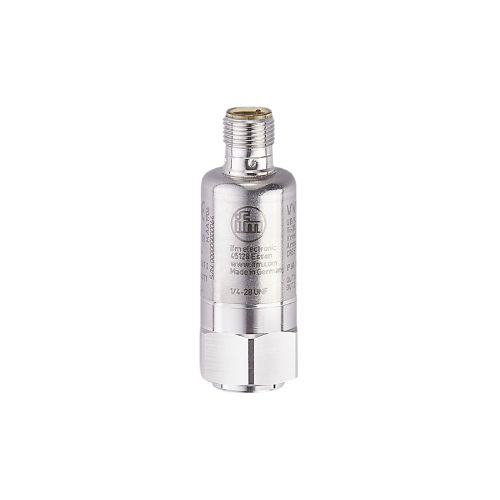
IO-Link vibration sensors offer a plug-and-work option with IO-Link technology. It is easy to implement and monitor the four main causes of fatigue, and send that data to any higher level software system with IO-Link communication.

Programmable edge controllers are more flexible for advanced programming of vibration monitoring systems. It also can send vibration to any onsite software systems.

IO-Link technology is the foundation of smart manufacturing. It is a flexible communication protocol that allows you to send multiple process values over one wire, increasing access to your production data.
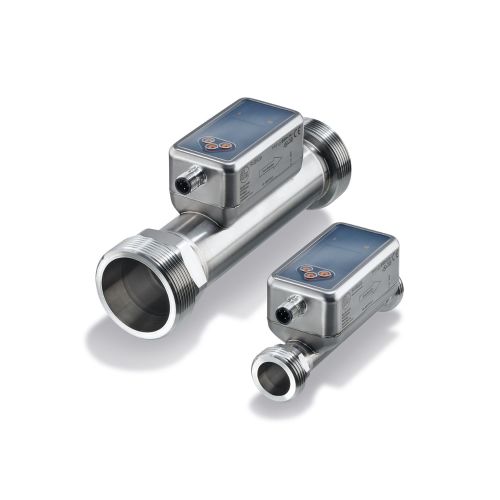
Smart flow sensors increase accuracy and reliabiltiy of process data over IO-Link. With a range of sensing technology and housing options, select the best fit for your application.
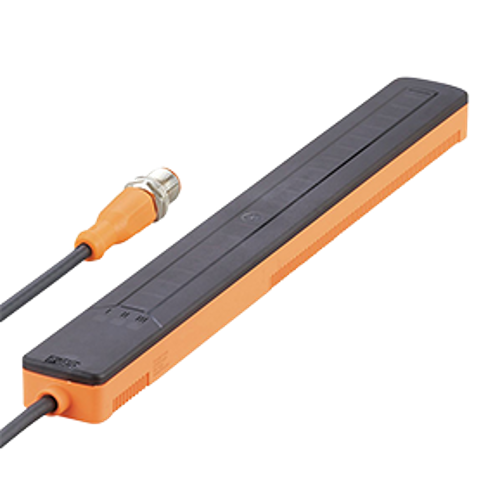
Smart level sensors can use IO-Link communication to initiate automatic refills or reorders of important raw materials.
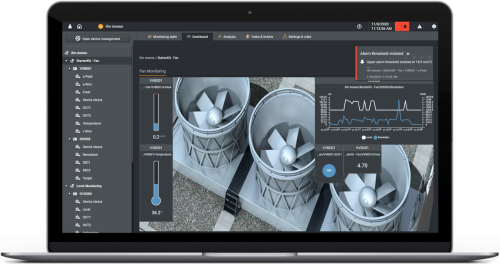
moneo|software seamlessly visualize machine health, trend and store process data, and implement alarms. Built for easy integration and setup, get started in hours, not weeks.
SEMI membership
![]()
SEMI
As part of our commitment to the semiconductor industry, ifm is a proud member of the SEMI trade association. We are dedicated to advancing smart manufacturing initiatives within the industry, and believe that smart solutions will accelerate industry growth on the path to $1 trillion.
Preparing for the future of wafer fabrication
With record government investment and advancedments in generative AI, the industry will experience incredible growth over the next decade. Wafer fab facilities will need to invest heavily in smart manufacturing technologies to ensure they can meet global demand amid labor shortages and increasing pressures of climate change. Flexible automation technologies provide opportunities for wafer fabs to gain insight into their current processes and further optimize production.
By partnering with ifm, semiconductor manufacturers can gain increased access to their production data quickly. If you have questions or want a personalized approach, contact our US semiconductor industry engineering specialist to discuss solutions for your wafer fabrication facility. To learn more about smart manufacturing for wafer fabrication, get started below.
Start your Industry 4.0 journey
